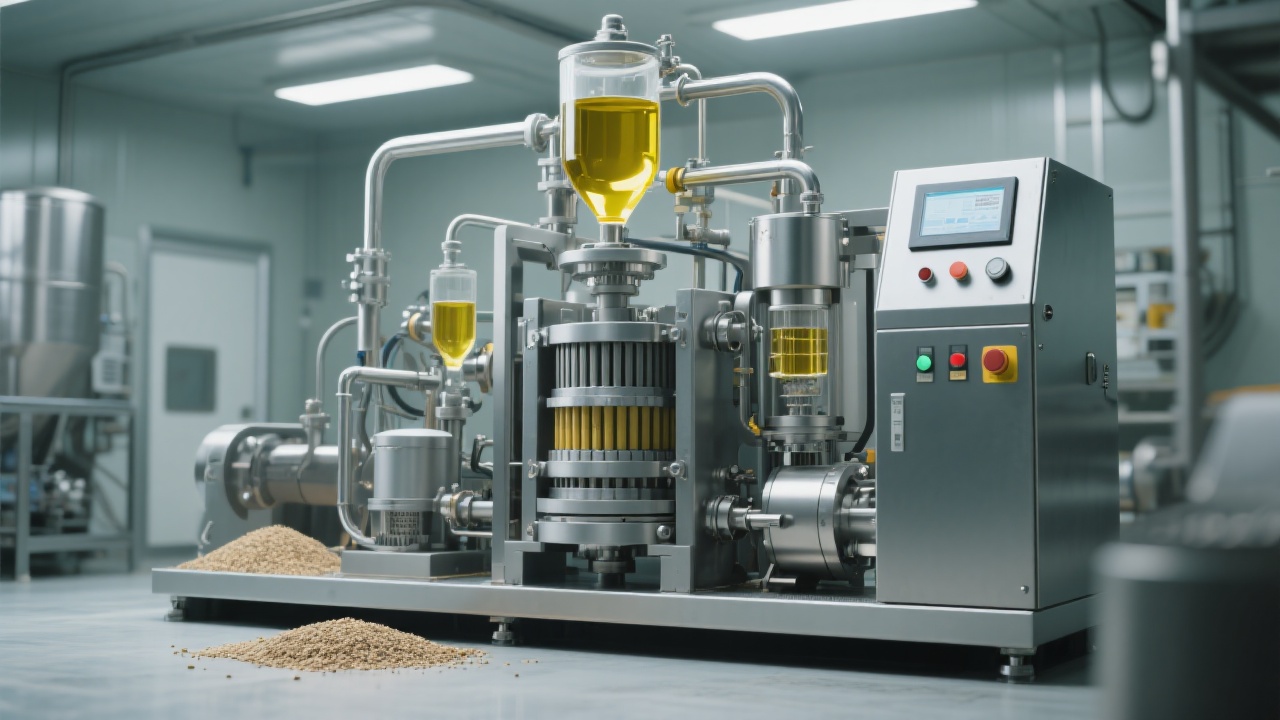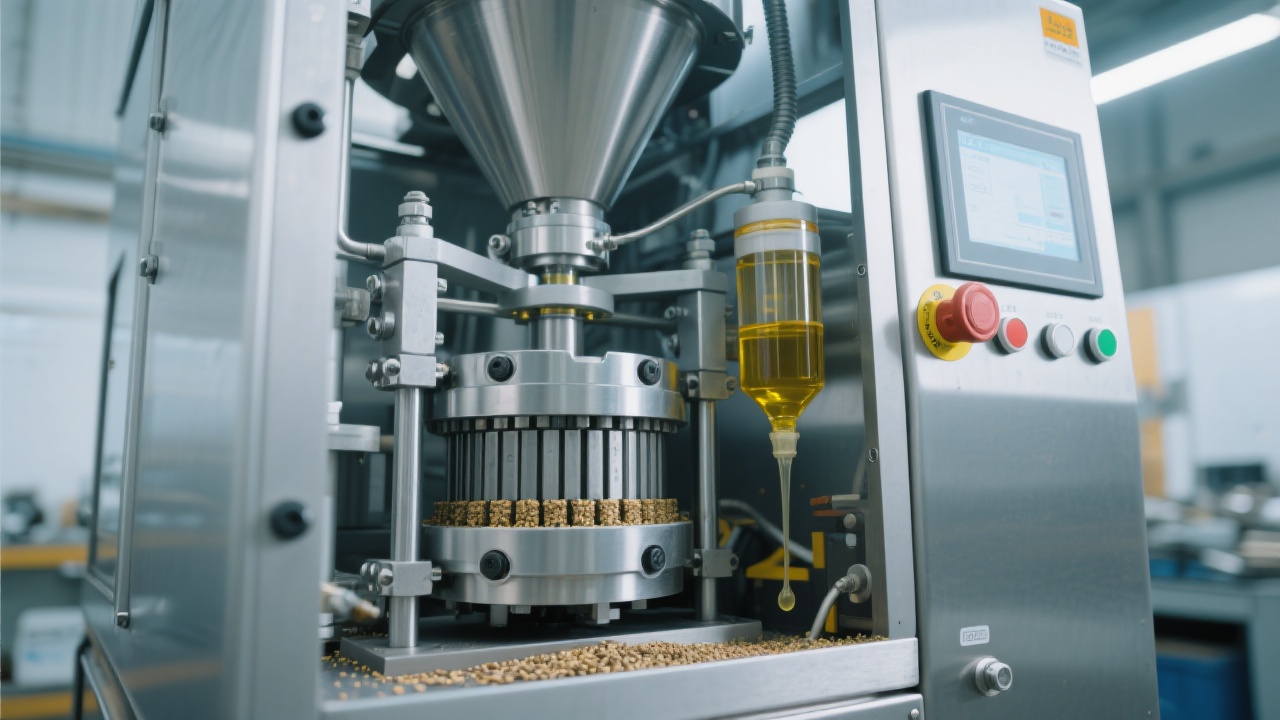
When it comes to exporting healthy food products, cold-pressed sunflower oil stands out as an excellent choice. But what makes it so suitable for the health food export market? Let's start with the control of pressing temperature.
Many processors often wonder about the key factors affecting the quality of sunflower oil. To understand this, we first need to look at the working process of the oil press. In the physical pressing process, temperature control is crucial. The oil press crushes sunflower seeds and then extracts the oil. During this process, the temperature can significantly impact the quality and nutritional value of the oil.
Research shows that when the pressing temperature exceeds 60°C, the content of vitamin E in sunflower oil begins to decline. Vitamin E is a powerful antioxidant that can protect cells from oxidative damage. Unsaturated fatty acids, which are beneficial for heart health, are also sensitive to high temperatures. For example, in a hot-pressing process where the temperature can reach 120 - 180°C, a large amount of vitamin E and unsaturated fatty acids are lost.

Now, let's compare cold-pressing with other methods such as hot-pressing and solvent extraction. The following table shows the differences:
| Pressing Method | Temperature Range | Nutritional Retention | Flavor |
|---|---|---|---|
| Cold-Pressing | Below 40°C | High retention of vitamin E and unsaturated fatty acids | Natural and mild flavor |
| Hot-Pressing | 120 - 180°C | Significant loss of vitamin E and unsaturated fatty acids | Stronger but less natural flavor |
| Solvent Extraction | Varies | May have chemical residues and lower nutritional value | Lack of natural flavor |
As we can see, cold-pressing has unique advantages in terms of natural flavor and nutritional protection. Cold-pressed sunflower oil retains more vitamin E and unsaturated fatty acids, which meet the high-end health consumption needs. It also has a natural and mild flavor that is favored by consumers who pursue healthy and natural food.

Based on real - world industry cases and the perspectives of front - line engineers, we can provide some optimization suggestions. For example, in a factory in Spain, they used to have problems with inconsistent oil quality due to improper temperature control. By installing a temperature monitoring system and adjusting the speed of the pressing machine, they were able to keep the pressing temperature below 40°C consistently. As a result, the content of vitamin E in their cold - pressed sunflower oil increased by 20%, and the product received more recognition in the international market.
Here are some common problems and solutions:
From a marketing perspective, the website content layout is crucial. The website should highlight the technical advantages of cold - pressed sunflower oil, such as temperature control and nutritional retention. Use clear headings and sub - headings to make the content easy to read. For example, create a section dedicated to the comparison of different pressing methods and another section for customer testimonials.
Cross - platform promotion is also essential. Share the product information on social media platforms like Facebook, Instagram, and LinkedIn. You can post engaging content such as short videos about the production process of cold - pressed sunflower oil or infographics showing the nutritional benefits. This will increase the visibility of the product and attract potential customers.

If you are looking to enter the health food export market with high - quality products, our cold - pressed sunflower oil is your ideal choice. It combines advanced cold - pressing technology, excellent nutritional value, and a natural flavor. Click here to learn more about our cold - pressed sunflower oil and explore the opportunities in the health food export market!

